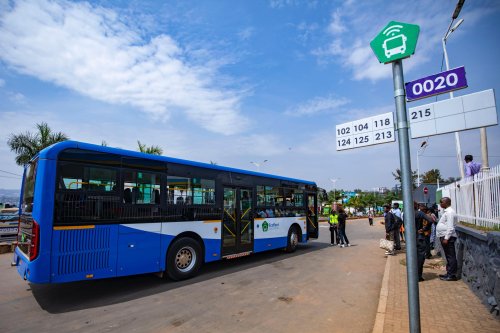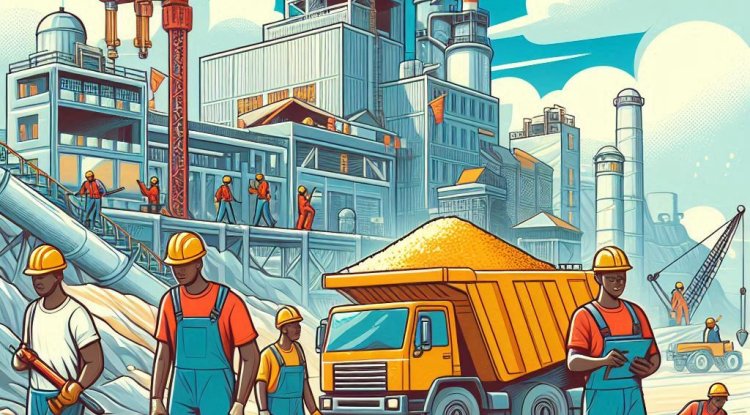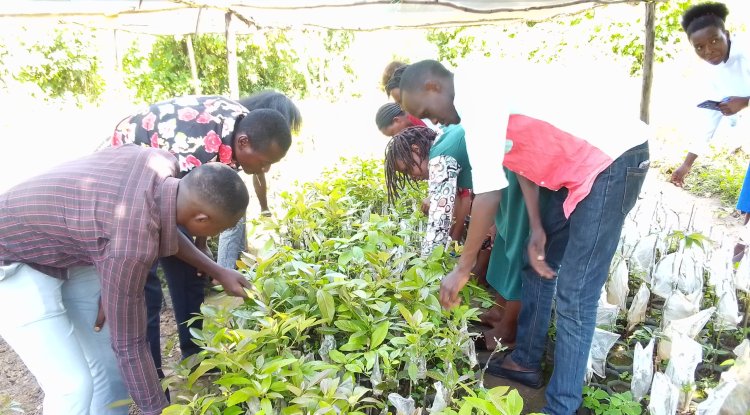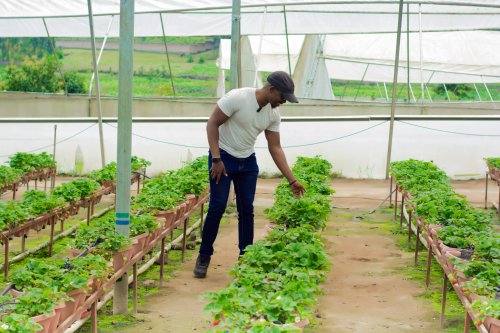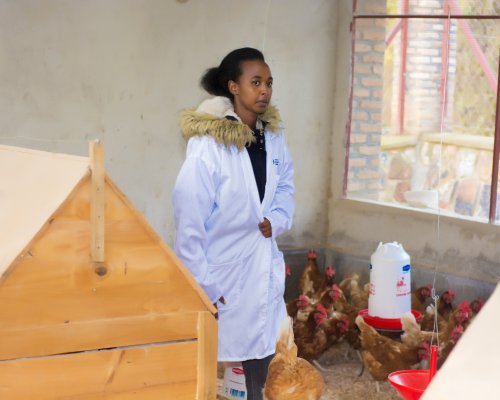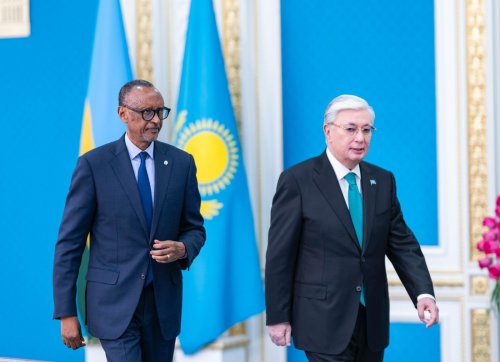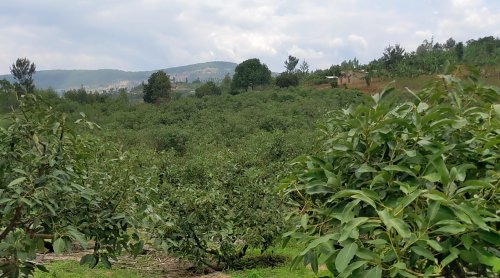Beyond Wages: How Job Creation Holds the Key to Ending Poverty
What if every new job could lift someone out of poverty? That’s not just a hopeful idea—it’s a measurable trend. As we mark this year’s Labor Day, it's time to reflect not just on the dignity of work, but on its undeniable power to transform lives and economies.
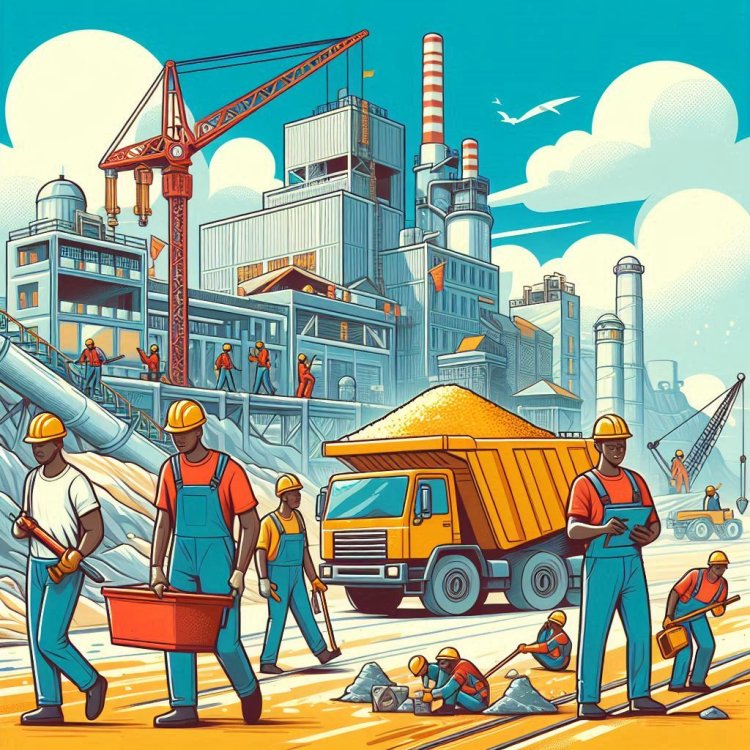
The future of work is a puzzle that grows more intriguing each year. With rapid advances in technology and artificial intelligence reshaping industries, it’s natural to wonder: what will work look like in the next decade? But before diving into tomorrow, there's a critical question we need to ask today: How is job creation directly connected to poverty reduction?
Every year on May 1st, countries around the globe celebrate Labor Day. In Rwanda, this day—formerly known as “Workers’ Day”—was traditionally marked with vibrant celebrations. Worker groups would gather, showcase their achievements, perform dances and music, and honor top performers with awards.
In recent years, however, Rwanda has shifted toward a more meaningful observance. Labor Day has become a platform for dialogue—a time for workers and employers to reflect on progress, assess challenges, and chart new paths forward. What began as ceremonial has evolved into a nationwide conversation about the future of employment and economic dignity.
This year’s theme says it all: “Job Creation: Our Shared Priority.”
And the numbers show just how serious the Rwandan government is about that priority. Between 2024 and 2029, the government aims to create 1,250,000 jobs, averaging 250,000 new jobs per year. In the seven years prior, from 2017 to 2024, Rwanda had set out to create 1.5 million jobs—a goal that was more than 80% achieved despite challenges like the COVID-19 pandemic, natural disasters, and global instability from conflicts such as the Russia-Ukraine war.
The impact of those jobs was profound. According to the 7th Integrated Household Living Conditions Survey (EICV7), 1.5 million Rwandans were lifted out of poverty during that same period. In real terms, that means every job created may have helped lift someone out of poverty. Over the past seven years, Rwanda's national poverty rate dropped by 12%—a figure that speaks volumes.
But job creation alone isn't enough. The nature of work is changing. As the world becomes more digital, technology-driven roles are rising while some traditional jobs are disappearing. The COVID-19 crisis reminded us that work is no longer tied to a physical space—what matters is understanding your role and being able to perform it anywhere. And as artificial intelligence begins to influence nearly every sector, the future of work—and of workers—feels as uncertain as it is full of promise.
So today, as Rwanda joins the world in marking Labor Day, the question we should all be thinking about is not just “What do we do for work?”—but “How can the work we create lift others up?”








